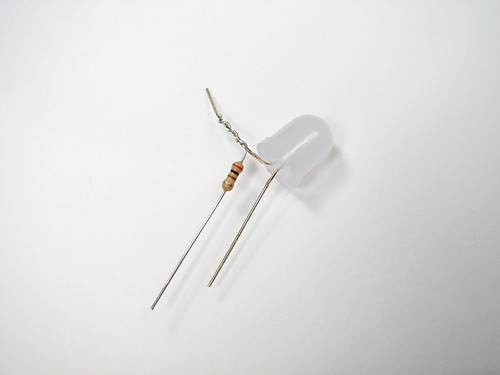
Please refer to the resistor color code to determine the value of your resistors ). Watts resistance resistor high quality wattage package of 5. Ohms W Resistors are available at Mouser Electronics. Ohms Resistors are available at Mouser Electronics. This graphical calculator works both ways- you can get resistances from color codes or generate the colour bands from ohm values (5%, 10% and 20% tolerance).Type, Band Colour Code System. Currently they are specified by IEC 60062 Ed. These markings were originally published by Electronic Industries Alliance as EIA-RS-279.


Electronic industry often uses a special coding system of colored stripes to indicate the component's value and tolerance (see resistor color chart). Its reciprocal quantity is conductance measured in siemens. The SI unit of electrical resistance is the ohm, symbol Ω. Real physical resistors are characterized by a number of parameters, such as their nominal resistance, tolerance, maximum power they can dissipate without failure, maximum working voltage, temperature coefficient, noise, and parasitic inductance. We can also define a dynamic impedance as derivative of the voltage with respect to the current: dV/di. For non-linear componets impedance may refer to V/i ratio at a given operating point.

Sometimes the term resistance is also used for devices with a non-linear V-I curve, although impedance in such cases in more appropriate term. If we know that an object is a conductor and we know the values of any two of the three quantities in the Ohm's Law, we can calculate the third one (see for example this calcultor).

Such substances are called electrical conductors. in which V/i=constant at least within certain range of currents. One approach to the Ohm's law is to understand it as a statement that there are substances that display this kind of behavior, i.e. Since Ohm's law seems to be derived from the definition of R, and since it is true only for materials that can be characterized by a constant resistance, what new do we gain by stating that i=V/R.


 0 kommentar(er)
0 kommentar(er)
